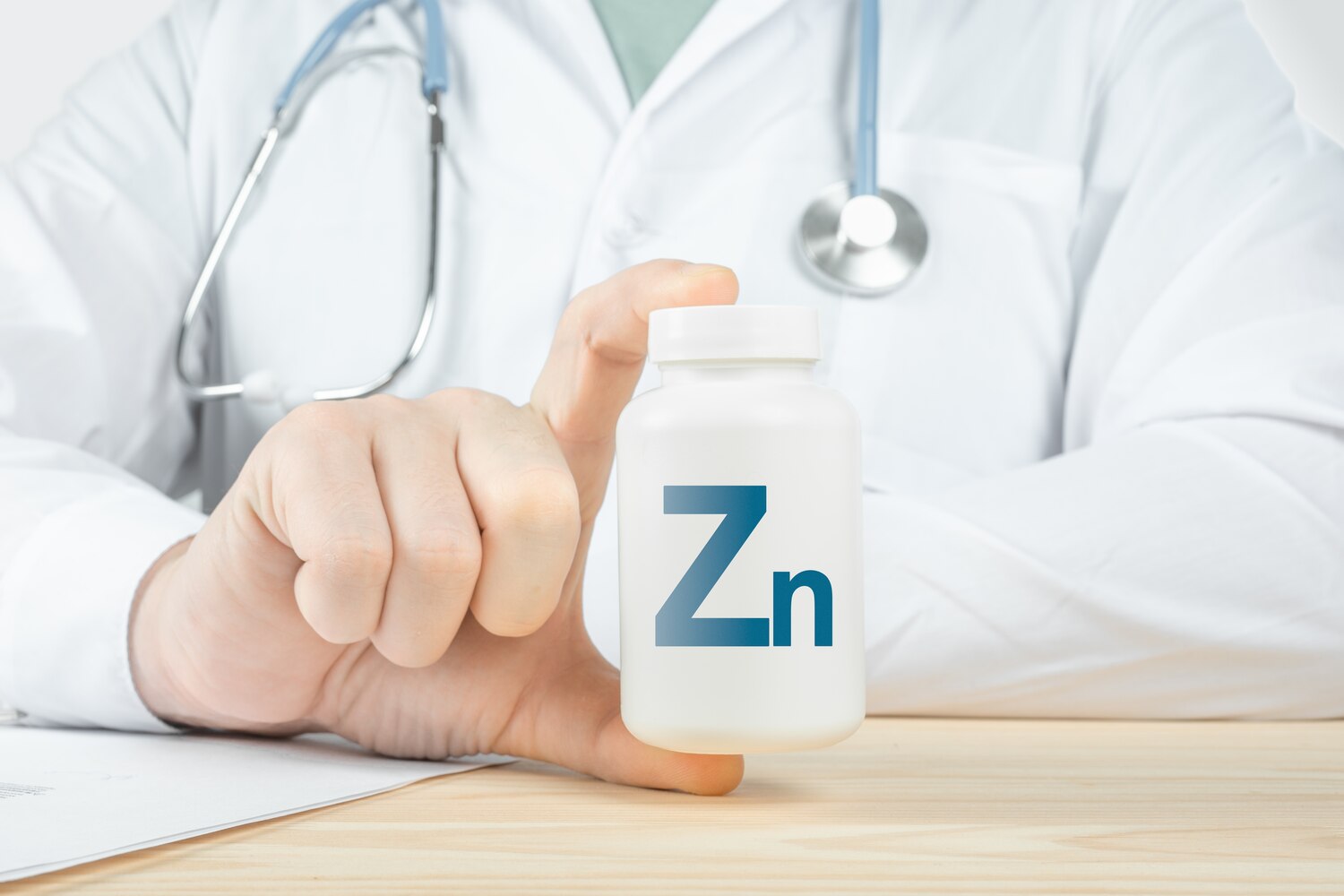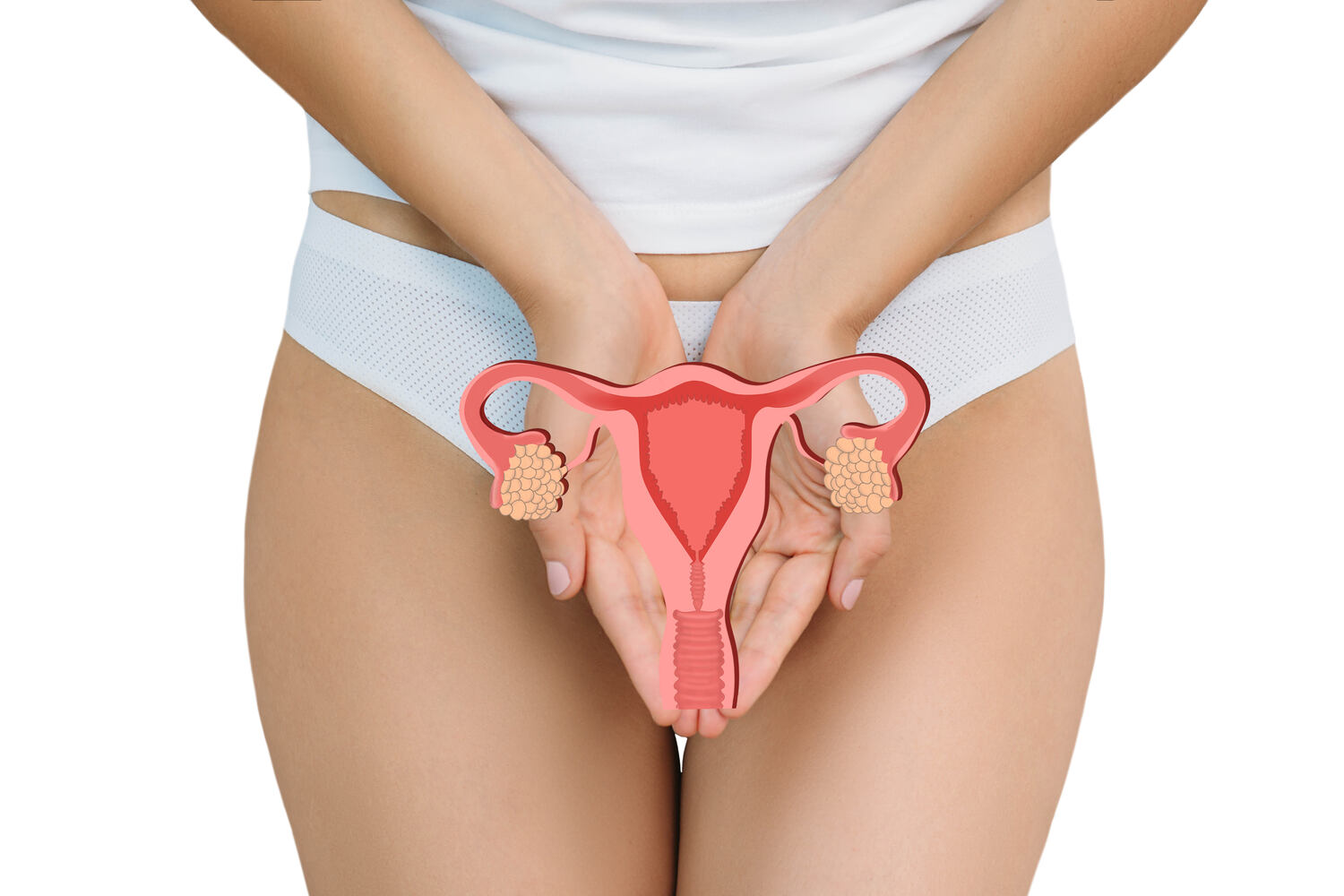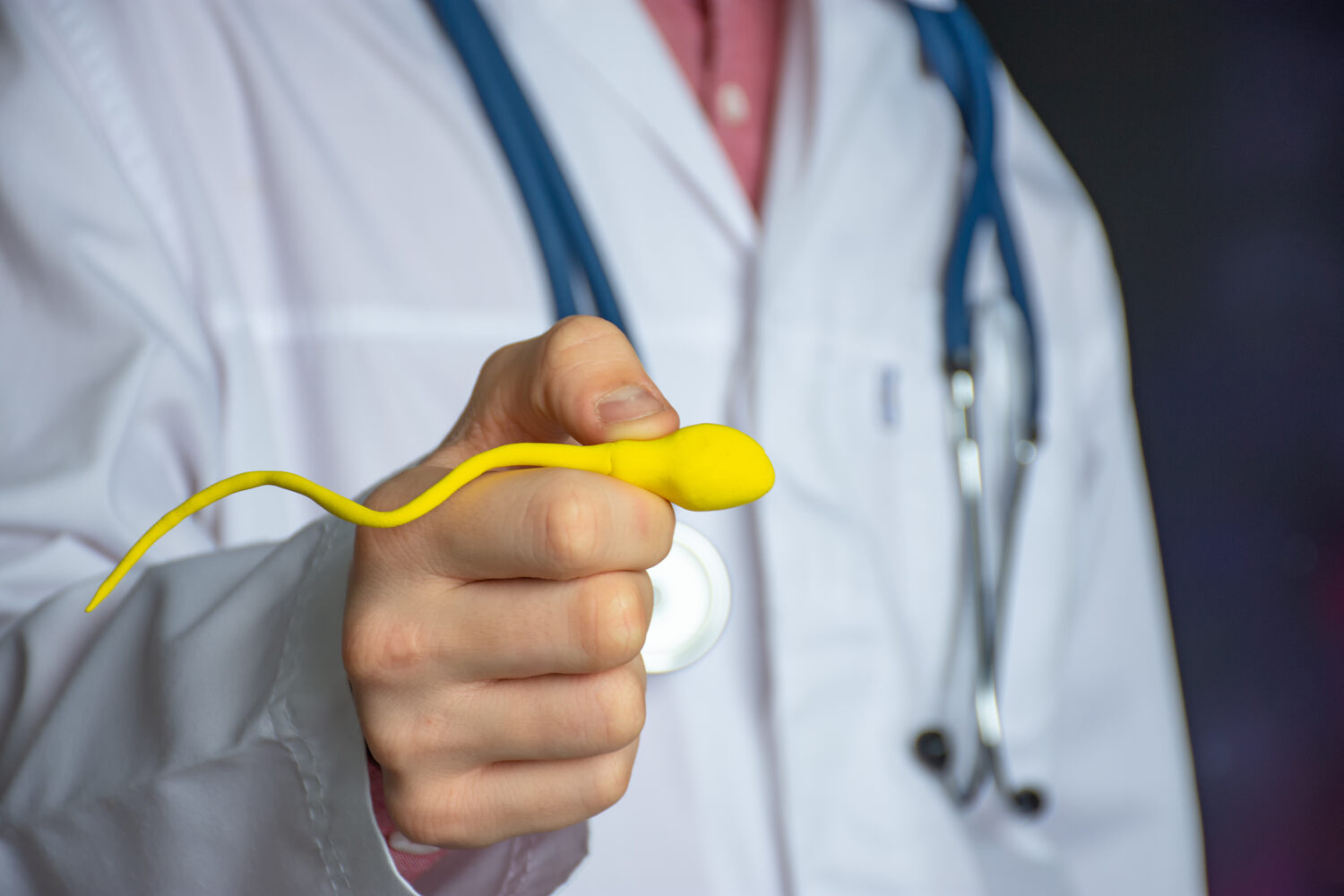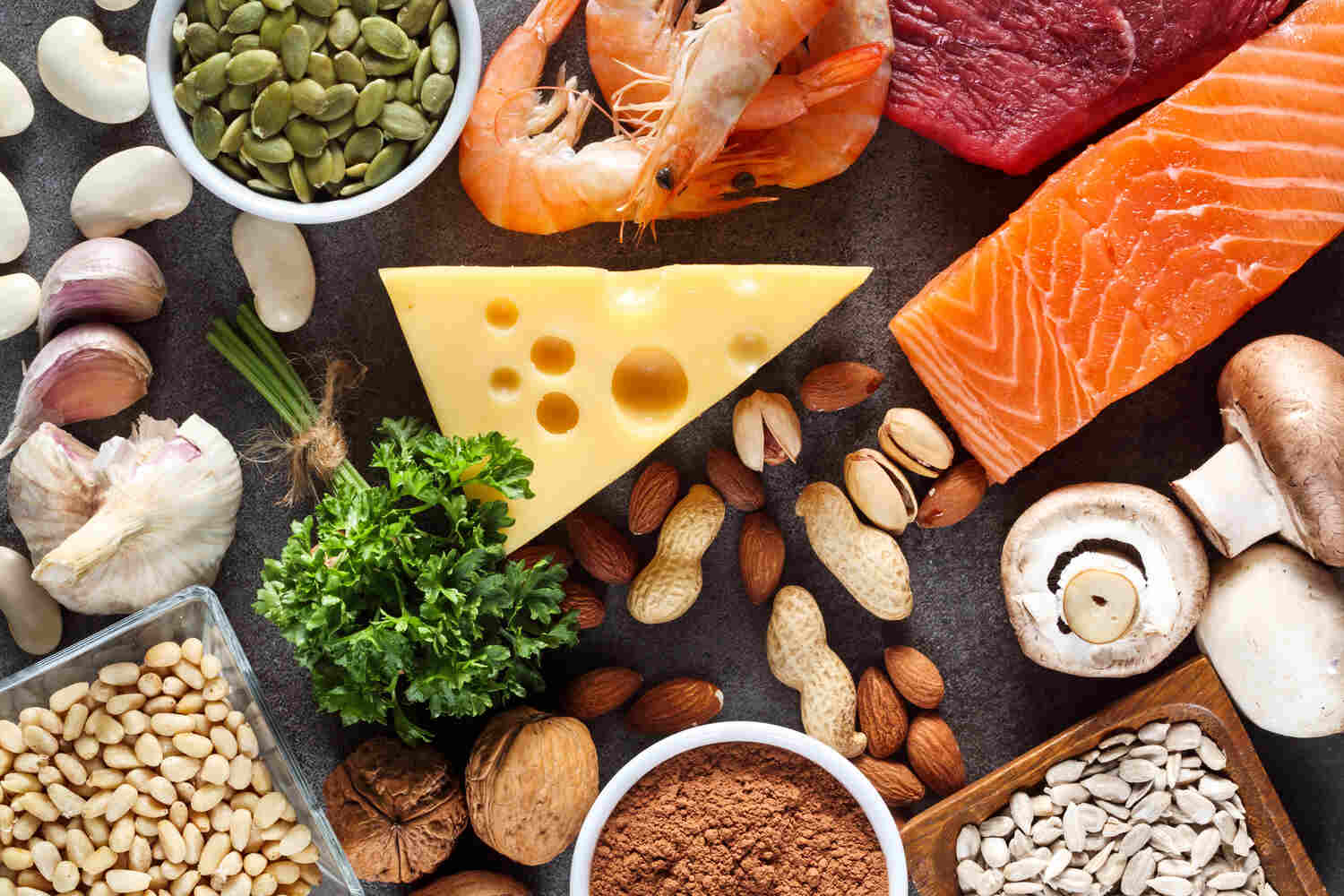
Everybody’s experience of starting a parenthood journey is different. For some, it is easy, while for others, it may be challenging. Sometimes, a simple micronutrient deficiency may create a hurdle in initiating your parenthood journey. There is a surprising connection between zinc and fertility. So, what is this connection? Does zinc affect your fertility?
Yes, zinc affects fertility. In women of reproductive age, zinc deficiency is common. Zinc affects your fertility in many ways you may not be aware of. This article will shed light on how zinc can be one of the causes of male and female infertility and how you can deal with zinc deficiency and improve your fertility.
In This Article
- Does Zinc Affect Fertility?
- Role of Zinc in Female Fertility
- Role of Zinc in Male Fertility
- Recommended Daily Intake of Zinc For Fertility
- Top 5 Zinc-rich Food Sources For Fertility
- Should You Consume Zinc Supplements for Fertility?
- FAQ’s
Does Zinc Affect Fertility?
Yes, zinc affects fertility in both men and women. This nutrient plays a vital role in creating a proper environment for the growth and maturation of oocytes or eggs in women and sperm production in men.
Deficiency of zinc is associated with poorer conception and pregnancy outcomes. Zinc supplementation can result in improved chances of conception by improving egg health in women and sperm count, motility, and morphology in men.
Role of Zinc in Female Fertility

Zinc is important for the normal functioning of the female reproductive system. It is one of those nutrients that help women get pregnant. Let us delve deep into this and learn the importance of zinc in female fertility. Zinc
- Plays an important role in reproductive maturity
- Regulates menstrual cycle and makes periods regular
- Vital for normal fertility, egg development, and healthy pregnancy
- Promotes hormonal balance and ovulation (1)
- Responsible for maturation of the oocyte (a developing egg)
- Important for the formation of a fertilization-competent egg (2)
- Essential for fetal development
- Acts as an antioxidant. To achieve a healthy pregnancy, anti-oxidants are necessary (3)
Zinc deficiency causes vaginal dryness. Ovulation failure, increased time to pregnancy, etc, are some of the complications associated with zinc deficiency (4), (5). So, pre-conception care is very important.
Women should focus on micronutrient intake after consulting the doctor. There are two ways to get an adequate amount of zinc. First through diet and second through supplements.
Role of Zinc in Male Fertility

Zinc is an important micronutrient for fertility, especially for men. If a man has infertility issues, zinc deficiency could be a root cause.
Zinc is responsible for
- Sperm formation and development
- Normal homeostasis of testosterone. Zinc deficiency impairs testosterone levels
- Maintenance of fertility parameters like sperm count, density, motility, morphology and viability, seminal pH, or semen volume (6)
- Maintenance of normal sperm function. Zinc deficiency causes sexual problems like loss of libido in men
- Stability of sperm membrane.
- Hormone balance and normal thyroid function.
- Fertility, sex drive, and long-term sexual health.
Zinc affects sperm maturity. The sperm maturation occurs in the seminiferous tubules, while the maturation and storage of sperm take place in the epididymis. At the end of the spermatogenesis (formation of sperm) process, zinc is highly concentrated in the tail of mature sperm and plays a role in sperm motility (7)
Zinc provides energy for sperm movement (8). This micronutrient is essential for conception and embryonic implantation. Zinc deficiency impairs the quality of sperm and causes impotency, hypogonadism, or delayed sexual development.
Smokers have lower zinc levels. Smoking compromises sperm quality, concentration, motility, and morphology. Cigarette smoking increases oxidative damage by decreasing zinc concentration in seminal plasma.
Recommended Daily Intake of Zinc For Fertility
Many men and women have zinc deficiency, mainly due to poor dietary intake. The recommended daily zinc intake for adult males and females is 8-11 mg (9).
Top 5 Zinc-rich Food Sources For Fertility

Are you consuming zinc enough? If not, let us go through some of the sources of zinc that can help you maintain healthy zinc levels (9A).
Some of the best sources of zinc are
- Beans and lentils
- Nuts and whole grains
- Dairy products
- Meat, eggs, fish, poultry and oysters
- Fortified breakfast cereals
Should You Consume Zinc Supplements for Fertility?
If a woman has a micronutrient deficiency, it may adversely impact her ability to conceive. Many women of childbearing age have lower than recommended levels of micronutrients. This is mainly due to lower dietary intakes. Also, zinc deficiency is a significant cause of a longer time to get pregnant (10).
Many multivitamins contain zinc; it is also available alone or in combination. Vitamins and mineral supplements before conception enhance nutritional status and positively impact fertility. Supplementation enhances the reproductive environment, restores micronutrient levels, and boosts the antioxidant defense system.
Zinc supplements can be taken by both men and women after consulting your doctor. Oral Zn supplementation improves sperm motility in men. It is important for conception, successful implantation, and pregnancy outcomes for women (7A).
While taking zinc supplements, you may find terms like zinc sulfate, zinc gluconate, and zinc acetate on the label. All these are supplemental forms of zinc.
Are you consuming enough zinc? This trace element cannot be stored in our body, so it is important to consume it regularly. This zinc deficiency may become a major hurdle in beginning your parenting journey.
Both men and women must maintain sufficient zinc levels through a balanced diet or supplements. Fertilization is a complex process, and micronutrients like zinc are pivotal. Taking care of zinc levels can support fertility and increase the chances of conception. Zinc affects fertility, and you should find possible ways to fight zinc deficiency.
Your doctor will guide you. Consult your healthcare provider for the appropriate dosage and duration based on individual needs.
FAQ’s
1. Is Zinc OK During IVF?
Zinc is important for fertility and healthy pregnancy. Studies have mentioned that low levels of zinc may lead to IVF-ET failure. It is important to monitor healthy zinc levels during infertility treatment.
2. Can I Take Zinc With Folic Acid?
Most of the multivitamins we take contain folic acid. It is always mandatory to ask your doctor before taking any supplement related to folic acid, zinc, etc. It’s because folic acid may interfere with the functioning of zinc.
References
- The Role of Zinc in Selected Female Reproductive System Disorders – [https://www.ncbi.nlm.nih.gov/pmc/articles/PMC7468694/]
- Role of zinc in female reproduction – PubMed – [https://pubmed.ncbi.nlm.nih.gov/33598687/]
- Importance of folate, zinc and antioxidants in the pathogenesis and prevention of subfertility | Human Reproduction Update | Oxford Academic – [https://academic.oup.com/humupd/article/13/2/163/661418]
- Zinc Deficiency During Oocyte Maturation Causes Defects in Preimplantation Embryonic Development. | Biology of Reproduction | Oxford Academic – [https://academic.oup.com/biolreprod/article/87/Suppl_1/199/2956491?login=false]
- Maternal Selenium, Copper and Zinc Concentrations in Early Pregnancy, and the Association with Fertility – PubMed – [https://pubmed.ncbi.nlm.nih.gov/31315178/]
- Zinc is an Essential Element for Male Fertility: A Review of Zn Roles in Men’s Health, Germination, Sperm Quality, and Fertilization – PMC – [https://www.ncbi.nlm.nih.gov/pmc/articles/PMC6010824/]
- Zinc is an Essential Element for Male Fertility: A Review of Zn Roles in Men’s Health, Germination, Sperm Quality, and Fertilization – PMC – [https://www.ncbi.nlm.nih.gov/pmc/articles/PMC6010824/]
- Zinc is a master-regulator of sperm function associated with binding, motility, and metabolic modulation during porcine sperm capacitation | Communications Biology – [https://www.nature.com/articles/s42003-022-03485-8#citeas]
- Zinc – Consumer – [https://ods.od.nih.gov/factsheets/Zinc-Consumer/]Nutrients | Free Full-Text | Maternal Selenium, Copper and Zinc Concentrations in Early Pregnancy, and the Association with Fertility – [https://www.mdpi.com/2072-6643/11/7/1609]

